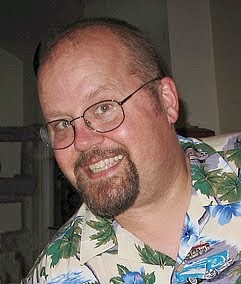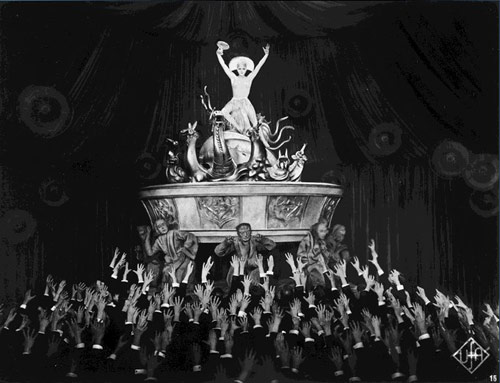Mind Blown and Soul Stirred
Potential pedophile Woody Allen has a hilarious line from “Annie Hall” where he is hiding out in the bedroom of his girlfriend's upscale New York apartment watching basketball on television instead of mixing with the socialite crowd that has gathered for lengthy repartee over wine and hors d'oeuvres. She comes in and asks him: “What are you doing here?” Allen replies: “You know, it's one thing about intellectuals. They prove that you can be absolutely brilliant and have no idea what's going on.”
While this is funny on the surface, it also sharply reveals Allen’s long-simmering and deep-seated mistrust of people whose life experience didn’t come from “the street.” Perhaps attending and then dropping out of both New York University and the City College of New York fueled his neurotic need to prove his worth in other unconventional ways. Regardless, Allen’s cynical assessment of the educational system and the people who graduate from it is beautifully and subtly refuted by writer-director Bernt Capra’s dense but delightful film “Mindwalk.”
“My Dinner with Andre” is very much a sibling story to “Mindwalk” as both films involve one long conversation over the entire running time. The actors are of equal caliber and superb in their roles with the main difference being that "Mindwalk" has three debaters. While they do share a brief lunch together, they spend most of their time strolling from one location to another. The various subjects that are examined and the philosophies expounded are a heady feast, making “Mindwalk” a sumptuous serving of intellectualism in a way that is engaging and inspiring both verbally and visually.
The staunchly altruistic Sam Waterston plays Jack, a politician who was recently defeated as a presidential candidate. Jack seeks solace and support from his long-time friend Tom, a reclusive poet and former speechwriter of Jack’s. They soon encounter Sonia, played by frequent Ingmar Bergman muse Liv Ullmann. Sonia is a physicist who is on a long sabbatical due to deep misgivings over her work being appropriated by the military. She joins the two men and together they wander through the beguiling and unique landscape of France’s Mont Saint-Michel while spiritedly debating the nature of life, meaning and purpose.
The tide of their dialogue ebbs and flows across a multitude of subjects while at multiple points each character’s perspective is revealed and then called into question. Jack’s view of the world is pragmatic but narrow, and he fails to see how all the myriad problems that he wishes to solve are so intrinsically intertwined. Tom is bitter. He believes his marriage is failing and he cannot seem to find a reason to greet the future with optimism. Yet, Tom is not without hope and a desire to do better. While deeply hurt by the malignant perversion of her research, Sonia has not lost one ounce of her conviction that so many of humanity’s ills could be corrected if only more of us could see how deeply connected we are to everyone and everything on this planet.
This might all sound like a sonorous preachy bore, but the actors do a superlative job of making lengthy speeches and complex ideas feel spontaneous and vital. They verbally joust with each other without being insulting or dismissive, and it feels like they all part ways having learned a little more and gained a greater understanding. There are also some delightful moments of intimate humor that provide welcome breaks from the grandiose discussions. “Mindwalk” is pure brain food, but thankfully it has none of the soporific qualities of a high school classroom at 8am on a Monday morning. The film is a glorious feast of ideas and sets a table at which anyone would desire to take a place and partake in the eternal quest for enlightenment.




























































